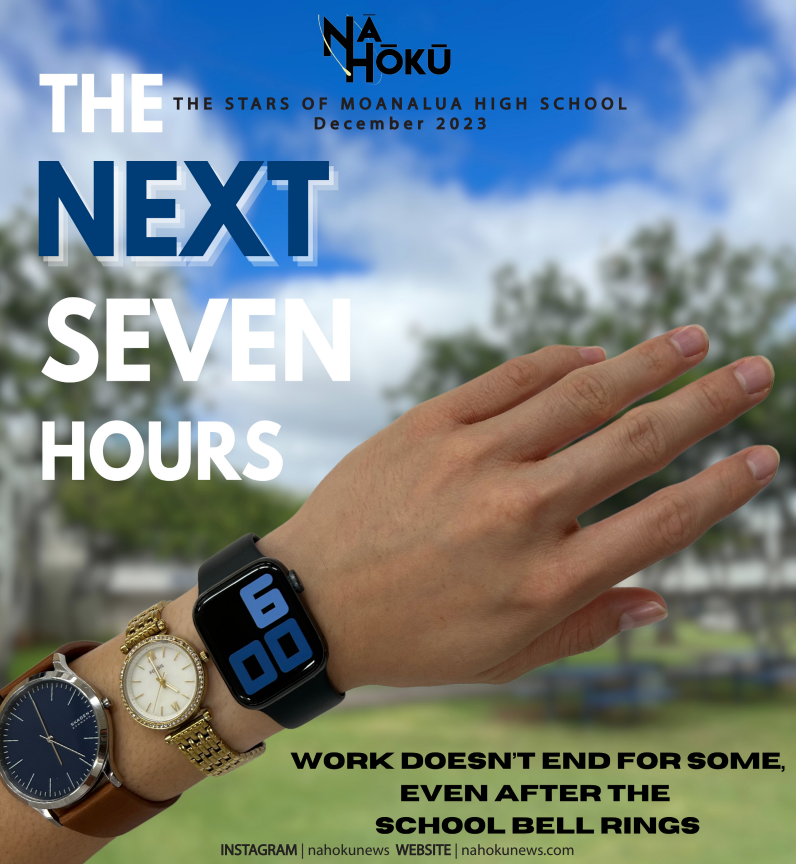Do Blue Light Glasses Work?
November 19, 2020
Ever since the later half of the 20th century, our world has gradually shifted from physical to digital. The outbreak of COVID-19 has exponentially increased that process. These days people turn to electronics for work, school, entertainment, shopping, even for social interaction. This convenience undoubtedly comes with drawbacks, a highly debated one being the harmful effects of blue light.
Blue light is the visible light at the blue end of the Electromagnetic Spectrum. That means it has shorter wavelengths and higher energy than other colors, which is harmful in large amounts. It can disrupt sleep cycles, and possibly damage light-sensitive cells in the retina.
Blue light is emitted from all sorts of devices, like televisions, phones, computer screens, tablets, smartwatches, and e-readers, all things which people are depending on more than ever. People began feeling the effects of being on those devices so frequently, which included dry eyes, headaches, blurry vision, difficulty concentrating, and increased sensitivity to light. To combat these ailments some people have invested in blue light glasses.
“I bought them [blue light glasses] out of concern for how much more I would be using electronics,” Shaylee Sillito, junior at Moanalua High School. “I wear them nearly every school day,

but I can’t really see any difference between using them and not, so I don’t think they are worth it.”
There is an impressive amount of differing opinions on the effectiveness of blue light glasses for the lack of research that has been done. The American Academy of Ophthalmology has gone on record not recommending any kind of eyewear for computer users.
“It’s premature to take preventative action against blue light-there could be unintended consequences,” said, Rahul Khurana, MD, a spokesperson for the American Academy of Ophthalmology.
Whether or not someone finds it worthwhile to purchase the glasses is currently a matter of opinion. However, there is no strong scientific evidence that blue light damages your eyes. Many of the ailments that are blamed on blue light, such as dry eyes, increased light sensitivity, difficulty concentrating, headaches, and blurry vision, are caused by digital eye strain.
Digital eye strain can be reduced by sitting farther away from your screen, using eye drops, giving your eyes a break, using a dark theme and skin, and adjusting the brightness of the display screen to be roughly the same brightness as the surrounding workspace. However, blue light is confirmed to disrupt a person’s circadian rhythm, so it is advised to turn off screens an hour or two before bed.












